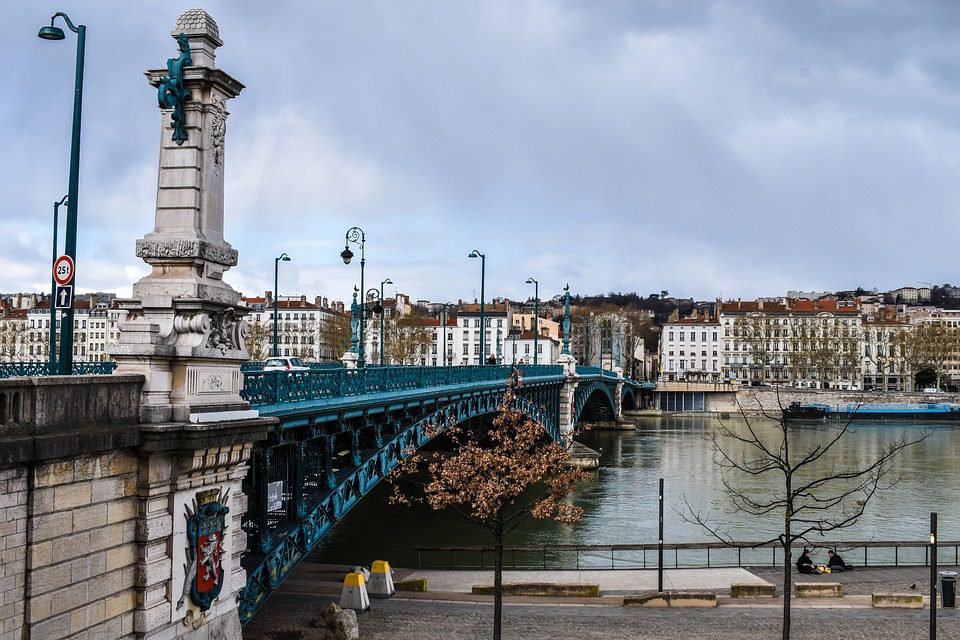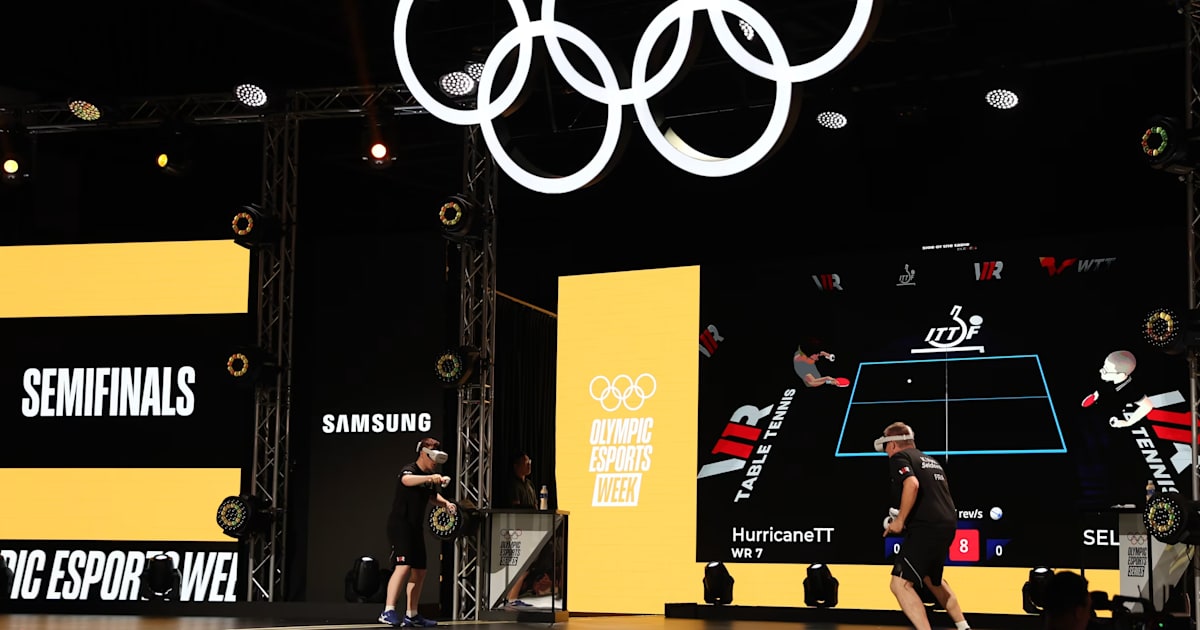Fashion
‘An orgasmic exhale for the foot’: why fashion is falling for toe-baring styles

So far, this year’s naked dressing trend has given us glimpses – and in some cases glaring flashes – of bellies, bums and boobs. Now, the stripped-back mood has come for a perhaps unlikely locale: toes.
“I guess it was time for toes to be ‘fashionable’,” says Helen Persson, a historian and curator of the 2015 V&A exhibition Shoes: Pleasure and Pain. “At different times, different areas of the foot have been deemed alluring, and put on display. From ‘toe cleavage’, and the inside arch of the foot, to the soft round heel in backless shoes, so why not toes themselves?”
Toes started titillating fashion around 2019 when hyper-luxury label the Row sent slipper socks, resembling five-denier tights chopped at the ankle, down the catwalk. The translucent gauzy view was through to the whole foot but it was the toes that were in the spotlight. In 2022 came Alaia’s £650 fishnet ballet flats, proffering a subtle peephole effect, and which still have a roving waiting list. Two years, several iterations and hundreds of fast-fashion dupes later, we’re living in an age of all-out foot-digit display, from barely there ballet flats in sheer fabrics to glove-like iterations that punctuate each phalanx.
Toe-exposing fashion is a risky and liminal space, the line between sensual elegance and body horror being thin. There are translucent and embellished ballet flats, such as the Marcy shoe from Khaite resembling a mosquito net that has caught dozens of tiny crystals and ten unsuspecting toes. See-through rubberised flats bring to mind holiday swim shoes, while tight-fitting plastic mesh versions can, at the end of the day, leave one’s toes resembling a loin of pork wrapped in butcher’s netting. Despite this, the semi-naked shoe, which draws the eye to the ten digits, continues to allure.
Celebrities including Dua Lipa, Zendaya and Anne Hathaway have been pictured with their toes partially exposed and, while the front row used to be dominated by feet clad in four-inch stilettos, during the current fashion month, editors have been grounding themselves in flats that put toes centre stage. There have even been – shock horror – sightings of Vibram’s FiveFingers, a style of shoe usually championed by barefoot advocates. As former Vogue editor Liana Satenstein wrote in her newsletter: “Slipping your foot into Vibram FiveFingers is like the ultimate body high that starts at the digit. It’s a perpetual phalangeal pleasure to have your toes spread-eagle, and there’s a certain heavenly Enya bliss when your feet can rawly grip the earth – or pavement. Essentially, the shoe is like an orgasmic exhale for the foot.”
Satisfying as they are for some, exposed toes are a divisive trend. One person’s podophobia is another’s podophilia. “Anything can be fetishised, but shoes and feet are two popular objects and body parts,” says Valerie Steele, chief curator of the Museum at the Fashion Institute of Technology and author of Fetish: Fashion, Sex & Power. Steele says the outline of the foot can be considered as a miniature version of the human body. Low-cut shoes expose “toe cleavage”, while the heel is the foot’s rear end. “That’s why it was seen as very erotic to wear a slingback. You were letting your butt hang out. They became known as ‘fuck me’ shoes.”
Persson says that toes can play a central role in fetishism. Mesh-type shoes “frame the foot sensually and reveal/hide the toes, it’s tantalising – like underwear.” For decades, designers have riffed on toe-centric designs, most famously Maison Margiela, whose split-toe shoes are inspired by Japanese tabi socks. But perhaps today’s proliferation of phalanges can be linked to a wider mainstreaming of foot fetishes. Social media users advocate selling foot pictures as a side hustle while the photo sharing site Wikifeet, dedicated to ranking famous people’s trotters, gets close to 20m views a month. Even Lily Allen has recently been making a buck selling pictures of hers on OnlyFans. It’s not a new fascination, either. Ancient Greek sculptures and artworks such as Botticelli’s Venus championed longer-length second toes, while Steele points out that there was backlash in the 1930s when people started experimenting with open-toe sandals.
Steele thinks the fact that toes can be shocking informs the enduring fascination with the trend. “I think a lot of the ‘uglifying’ of shoes that we’re seeing now often plays with toe exposure, or with, in a sense, toe binding or toe separating in different ways,” Steele says. “A lot of designers want to do things which are unusual, extreme, and therefore seem sort of transgressive. It’s like you have to be cool to understand how cool it is.” At the less cool more surreal and comic end of the spectrum is the absurdist Russian designer Canyaon, who refashions slides to look like one giant big toe.
after newsletter promotion
As for those who are still torn about dipping their toe into the trend? Schiaparelli has its own foot fan starter pack. Its high heels and sneakers come adorned with golden-brass toes, complete with wrinkly metatarsophalangeal joints and painted nails.
To read the complete version of this newsletter – complete with this week’s trending topics in The Measure and your wardrobe dilemmas solved – subscribe to receive Fashion Statement in your inbox every Thursday.









